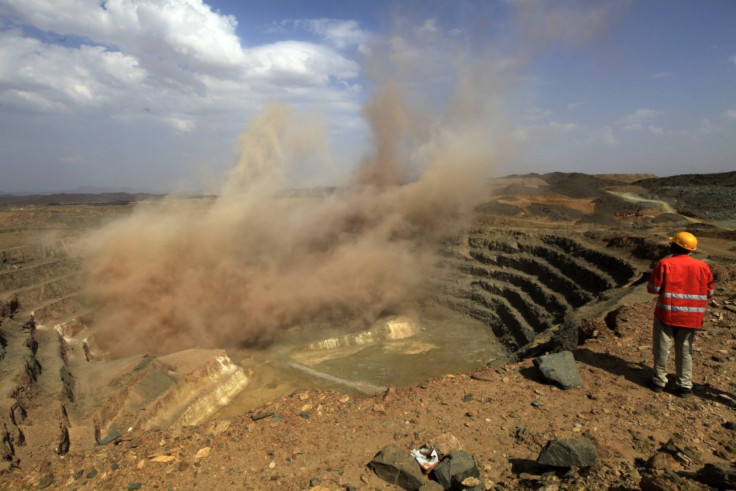Gold Prices Rise; Iranian and French Auctions in View

Gold prices rose Thursday as Chinese purchases of physical gold and worries about a possible military conflict in the Strait of Hormuz offset concerns over a Eurozone recession and a surging dollar.
With the approach of the Lunar New Year, which this year falls on Jan. 23, demand for physical gold is rising in China and other East Asian nations. Gold prices were up nearly 1 percent in early Asian trading.
The European Union agreed in principle Wednesday to an embargo on Iranian oil, something the Islamic republic has indicated could result in a blockade of the Strait of Hormuz.
Should Tehran take such a step it could spark a regional conflict over a sea lane through which 40 percent of the world's seaborne crude oil flows. Prospects of a direct conflict between Iran and the U.S. support the price of safe-haven securities like gold.
In Europe, investors were eyeing a large French auction of long-term debt to see what interest rate Paris would have to offer to find lenders. The auction, plus next week's auctions by Spain and Italy, comes amid widespread predictions that Europe will fall - or already has fallen - into recession.
Euro fell to a 15-month low against the dollar, which surged against a basket of six major currencies 0.6 percent. Despite the greenback's strength, something that usually cuts demand because it makes the metal more expensive for buyers who use non-U.S. currencies, gold was on course for a fourth day of gains.
Crude oil traded in a tight range, lifted by tensions over Iran, on the one hand, and pulled down by Europe's sovereign debt crisis, on the other.
Gold for February delivery was up $3.90 to $1,616, while gold for immediate delivery rose $2.30 to $1,616.18.
Silver for March delivery slipped 3 cents to $29.07, while silver for immediate delivery fell 37 cents to $29.05.
© Copyright IBTimes 2024. All rights reserved.












